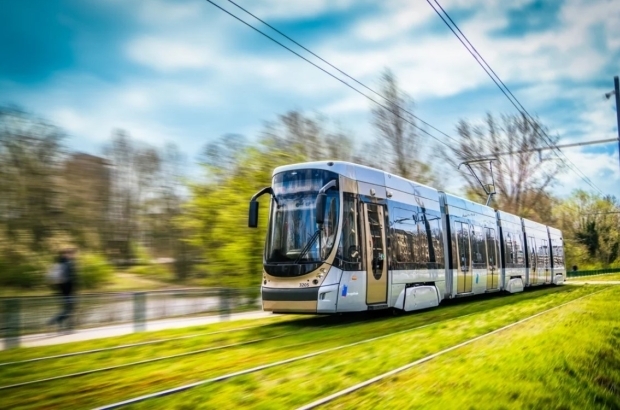- Daily & Weekly newsletters
- Buy & download The Bulletin
- Comment on our articles
Stib passenger numbers close to pre-pandemic levels
Brussels public transport operator Stib recorded 375.8 million passenger journeys last year, an increase of 11% that puts the figures back to almost the same level as before the pandemic, according to its 2023 annual report.
In 2019, the year before the pandemic, Stib counted about 434 million travellers.
The number of kilometres covered last year also rose to 53.5 million kilometres, an increase of 750,000 kilometres compared to 2022.
“With 376 million passengers, more than 53 million kilometres travelled, numerous projects completed and many others launched for the future of mobility in the capital, we can all be proud of our contribution in what we have achieved for the benefit of a mobility resolutely focused on the future,” Stib chief executive Brieuc de Meeûs said.
“And I’m not only talking about all Stib employees, but also about all those who entrust their journeys to us.”
Stib’s report said the Brussels public transport offer is also becoming increasingly attractive during off-peak hours, with increased frequency between vehicles, and that customer satisfaction targets are being met with an average passenger rating of seven out of 10.
“Year after year, we prioritise frequency, punctuality, comfort and connections to the network,” said de Meeûs.
Contactless payments are rising, accounting for about half of all one-ride tickets sold in the Belgian capital for buses, trams and metros.
The public transport operator was also named the region’s top employer for the 10th consecutive year.
And despite several years of crisis, from the pandemic to inflation to sky-rocketing energy prices, Stib's ticket sales revenues have increased by about 10% compared to 2022, accounting for an additional €291 million.
But not all is rosy. While de Meeûs said comfort is increasing and the level of cleanliness in stations “remains stable”, he acknowledged that drug use in metro stations continues to be a problem.
Last year was also a year of infrastructure growth for Stib, with the debut of tram line 18 between Albert and Van Haelen, and a new terminus built at Albert as part of the development of the future multimodal hub, where travellers will eventually be able to take metro line 3 to the north of Brussels.
Construction of a new high-capacity, high-performance tram line to Neder-Over-Heembeek continued in 2023, with the new line 10 due to be inaugurated in September this year.
After the studies and preparatory works, the actual construction started in early 2022. By the end of 2023, two-thirds of the tracks had already been laid.
Stib’s current plans provide for the construction of another 40km of track by 2035, including construction of a new tram line 15 which will connect Belgica to Brussels-North station, with an extension to Brussels-Central in a second phase. Works are scheduled to start in 2026.



















